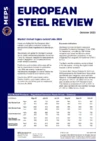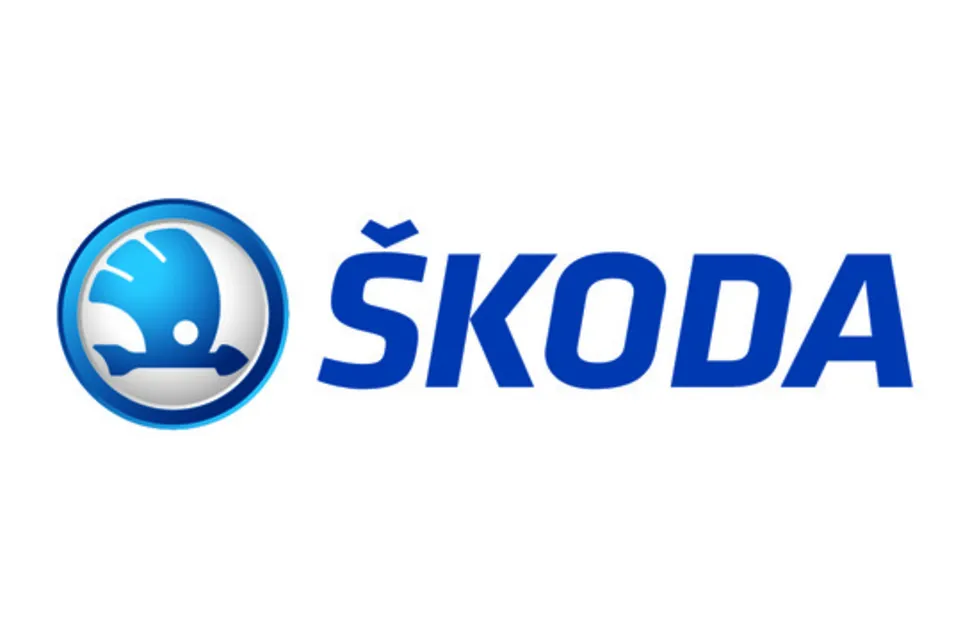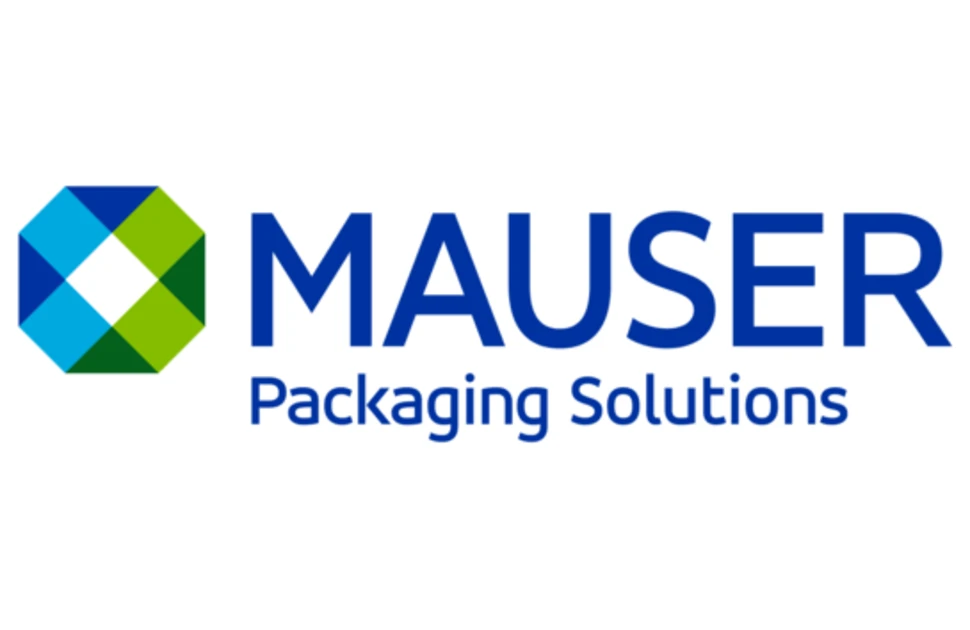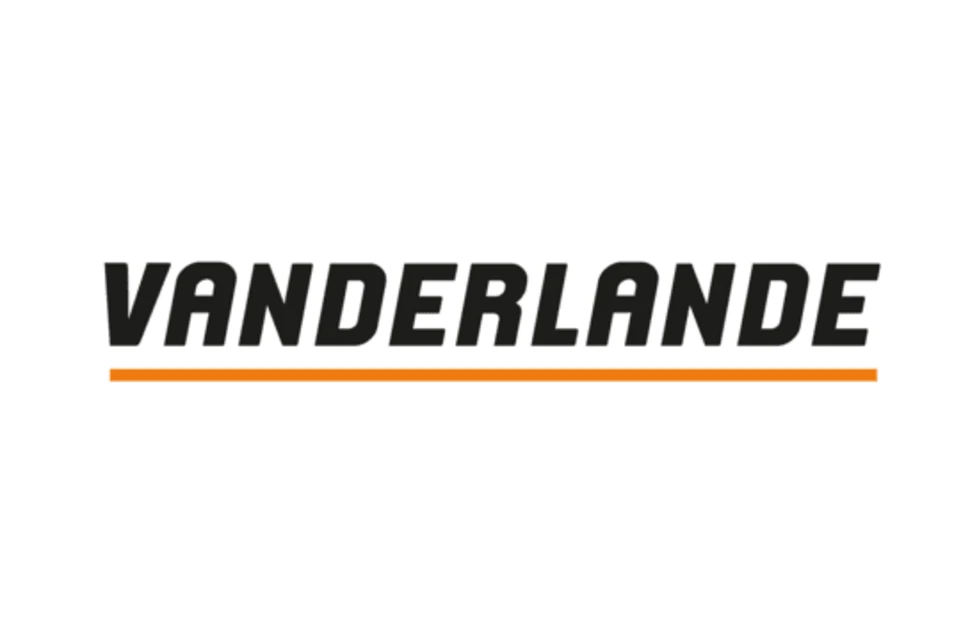TRA reveals proposed caps on UK steel imports
The United Kingdom’s Trade Remedies Authority (TRA) has recommended the introduction of tariff-rate quota (TRQ) caps to limit individual countries’ dominance of certain steel import categories.
The TRA has proposed 40% caps on individual countries’ use of the quotas for Category 4 (metallic coated sheet), Category 7 (non-alloy and other alloy quarto plates) and Category 13 (rebar).
Under the TRA’s proposals, the “carry-over” facility, where unused quotas are made available in the following quarter, would also be removed, while countries with a country-specific quota would no longer be given access to the residual quota in the final quarter. Furthermore, country-specific quotas for developing countries excepted from the measure would also not be redistributed, it said in its ‘Statement of Intended Final Determination’ document. Nonetheless, the 3% liberalisation of TRQs, from July 1, will still go ahead.
Time for importers to 'adjust'
If approved by the UK’s Secretary of State, the carry-over of unused quotas will end from July 1. However, the country-specific caps will be implemented from October 1. The TRA said that this would “allow steel importers time to adjust”.
The TRA’s recommendations are now open to feedback from interested parties. Comments must be submitted via the TRA’s public file by May 26.
Research conducted for MEPS’s European Steel Review this month revealed that UK steel buyers had paused their procurement due to uncertainty about the expected changes to the nation’s import safeguard measures.
Commenting on the proposed changes, MEPS International steel market analyst Jon Carruthers-Green said: “The safeguard review has been brought up time and time again during recent discussions with UK research partners. There is a very clear dividing line between the opinions of traders, who naturally want to maintain access to overseas supply, and domestic producers, who are seeking stronger protections.
“Now that we have the TRA recommendation, the market has one last chance to digest and comment on the changes before they are submitted to the UK government for implementation.”
The TRA expanded the scope of its TRQ review, in March, to ensure that new concerns raised by the UK steel industry were fully considered. The industry association UK Steel said that steel demand had declined by 16% between 2018 and 2023. It also highlighted the exhaustion of TRQs in certain categories.
This month, UK Steel director general Gareth Stace told MEPS’s Speaking of Steel podcast that government must create a “competitive business environment” for domestic steelmakers.
Quotas dominated by individual countries
During the TRA’s investigation period – January 1 to December 31, 2024 – it found that the quarterly TRQs were exhausted in various categories. The rebar quota was exhausted in all quarters, with angles, shapes and sections exhausted in both quarter two and quarter four.
The main focus of the TRA’s final determination on the UK’s TRQs is to reduce the dominance of individual nations on certain quotas. In particular, it said that the residual quotas for categories 4 (metallic coated sheet), 7 (non-alloy and other alloy quarto plates), and 13 (rebar) were each dominated by Vietnam, South Korea and Algeria, respectively.
In the investigation period, imports from Vietnam accounted for 62% of goods imported under Category 4’s residual quota, with about 37% being imported from South Korea. The utilisation rate of Category 7 was 52% during the period, but South Korean-origin imports accounted for 80% of imports. The residual quota for Category 13, meanwhile, was exhausted in each quarter. The majority of imports in the residual quota came from Algeria (86%), with 14% coming from Egypt.

Source:
European Steel Review
The MEPS European Steel Review is an informative, concise and easy-to-use monthly publication, offering unique professional insight into European carbon steel prices.
Go to productRequest a free publication





